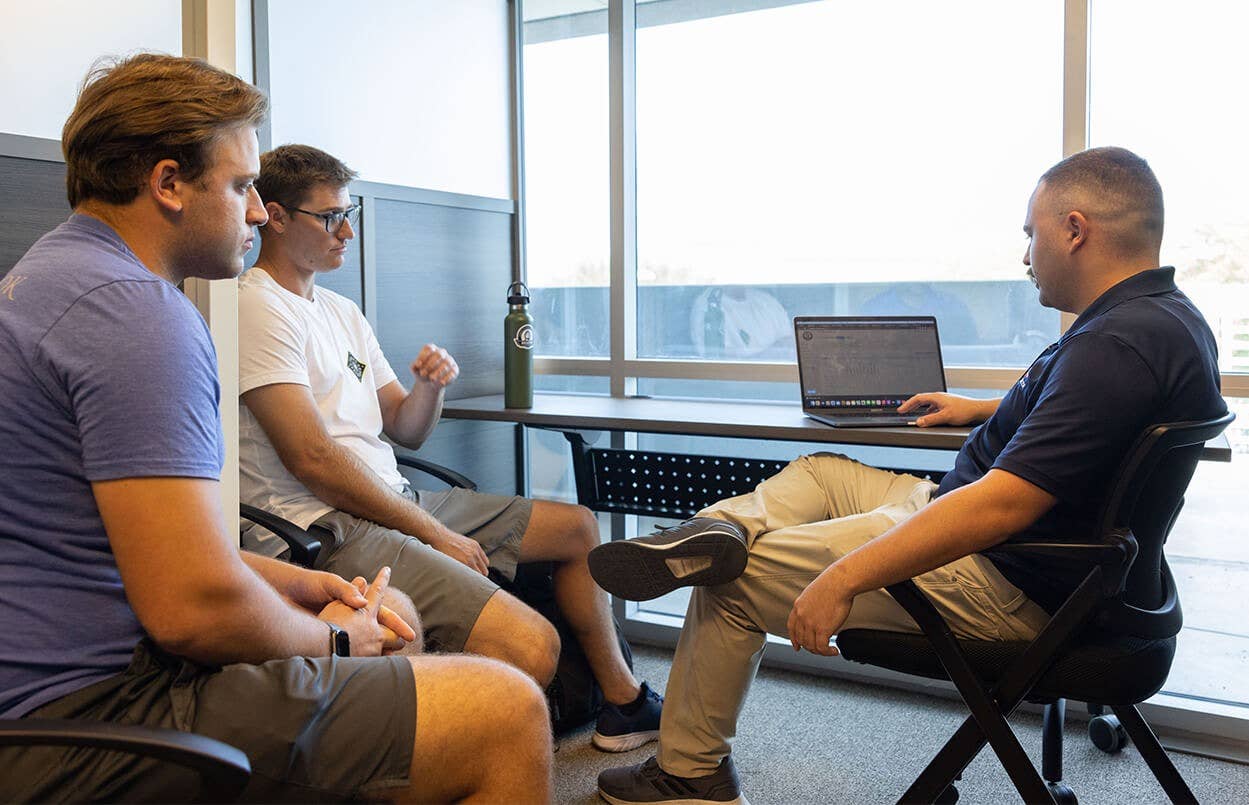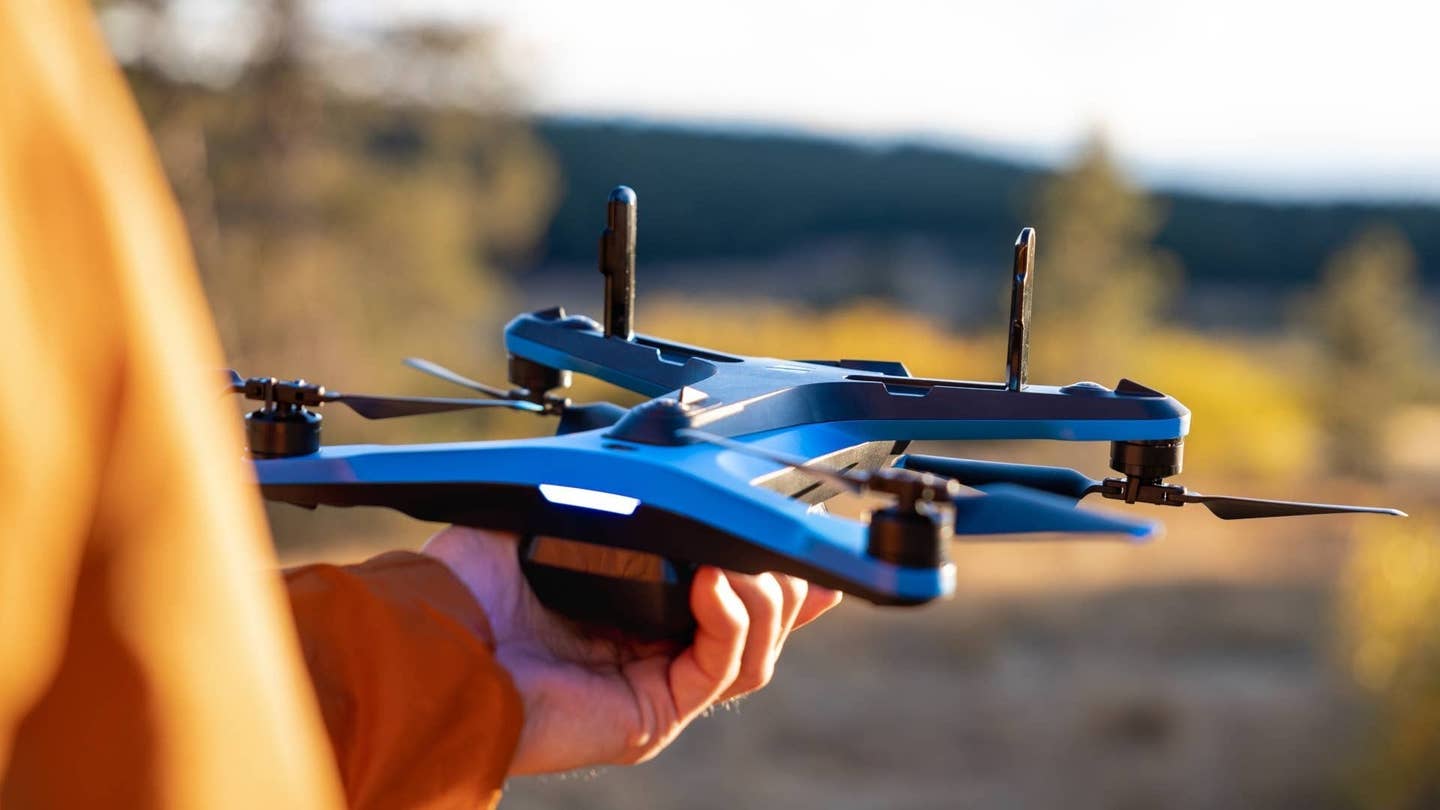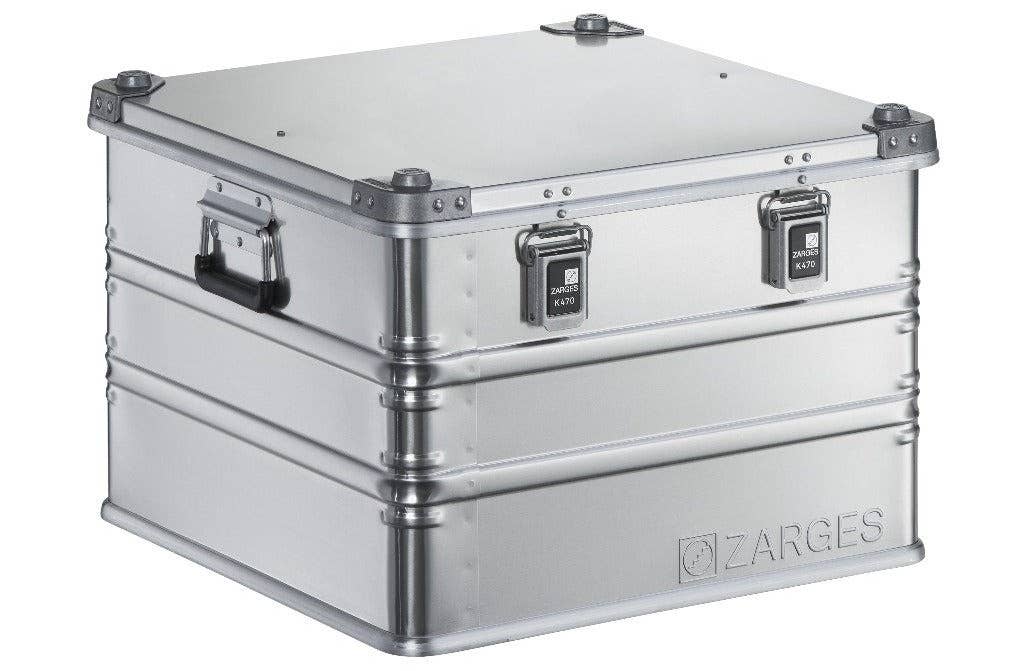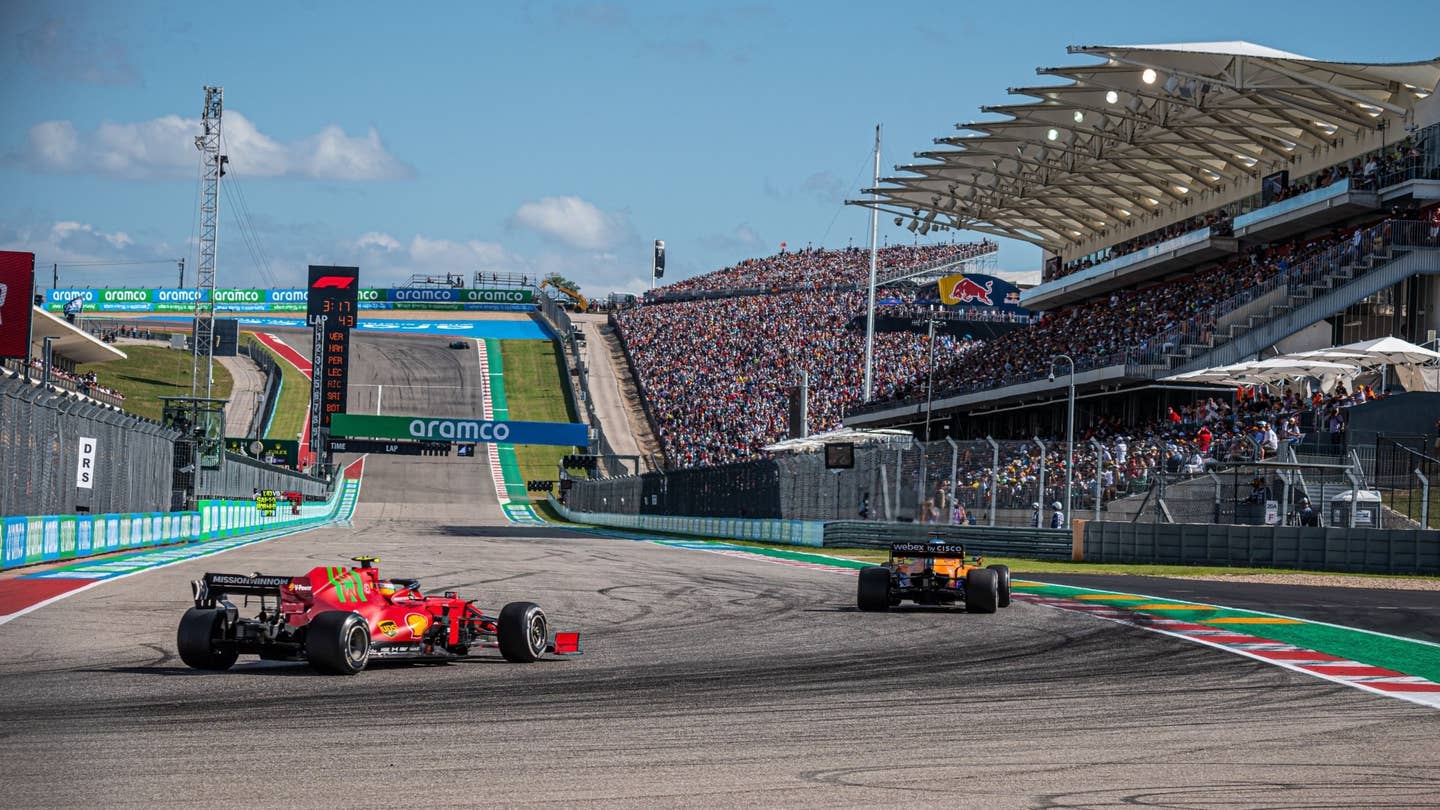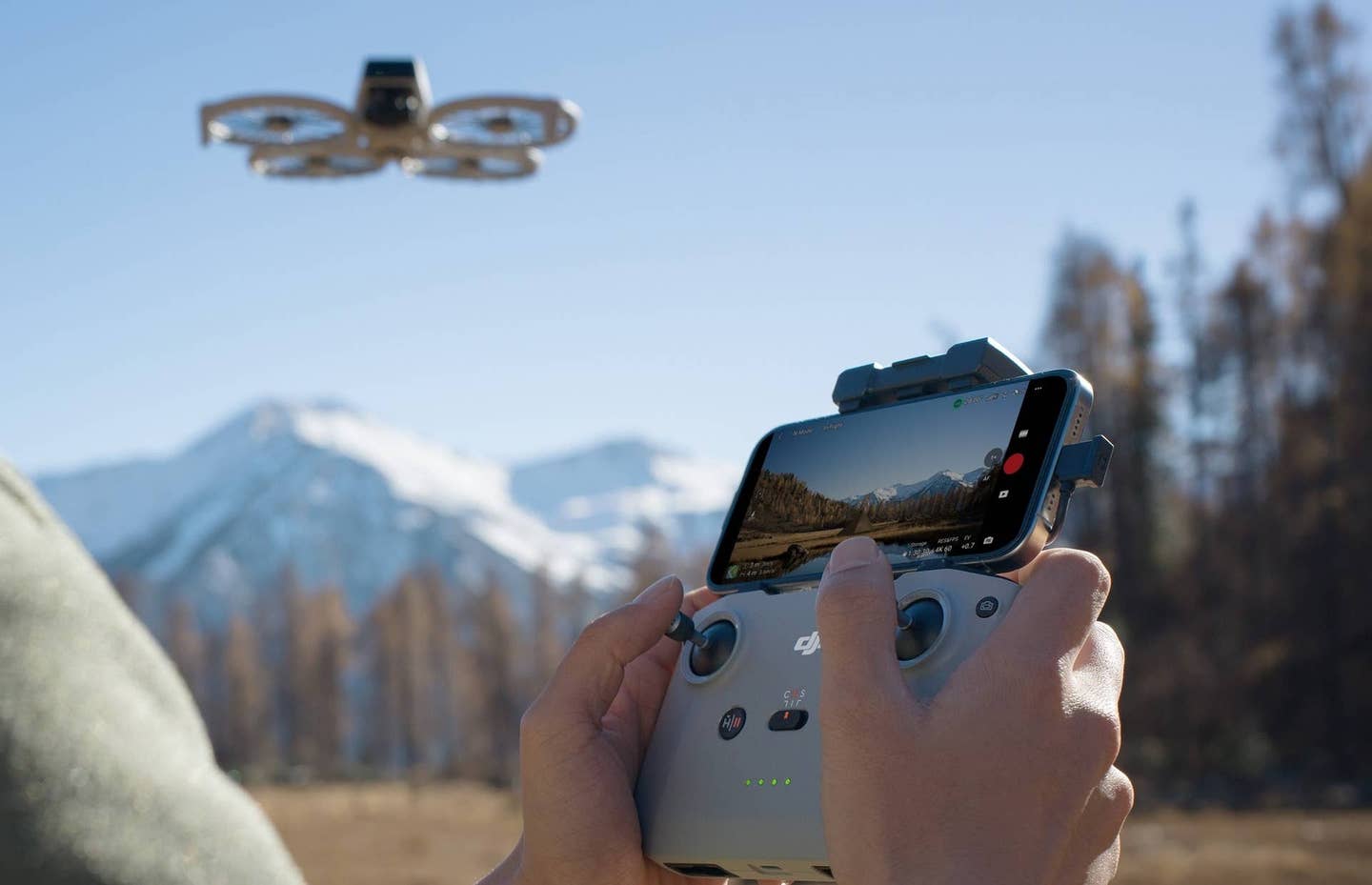How Much Does a Private Jet Cost?
Everything you need to know about the costs associated with a private jet.
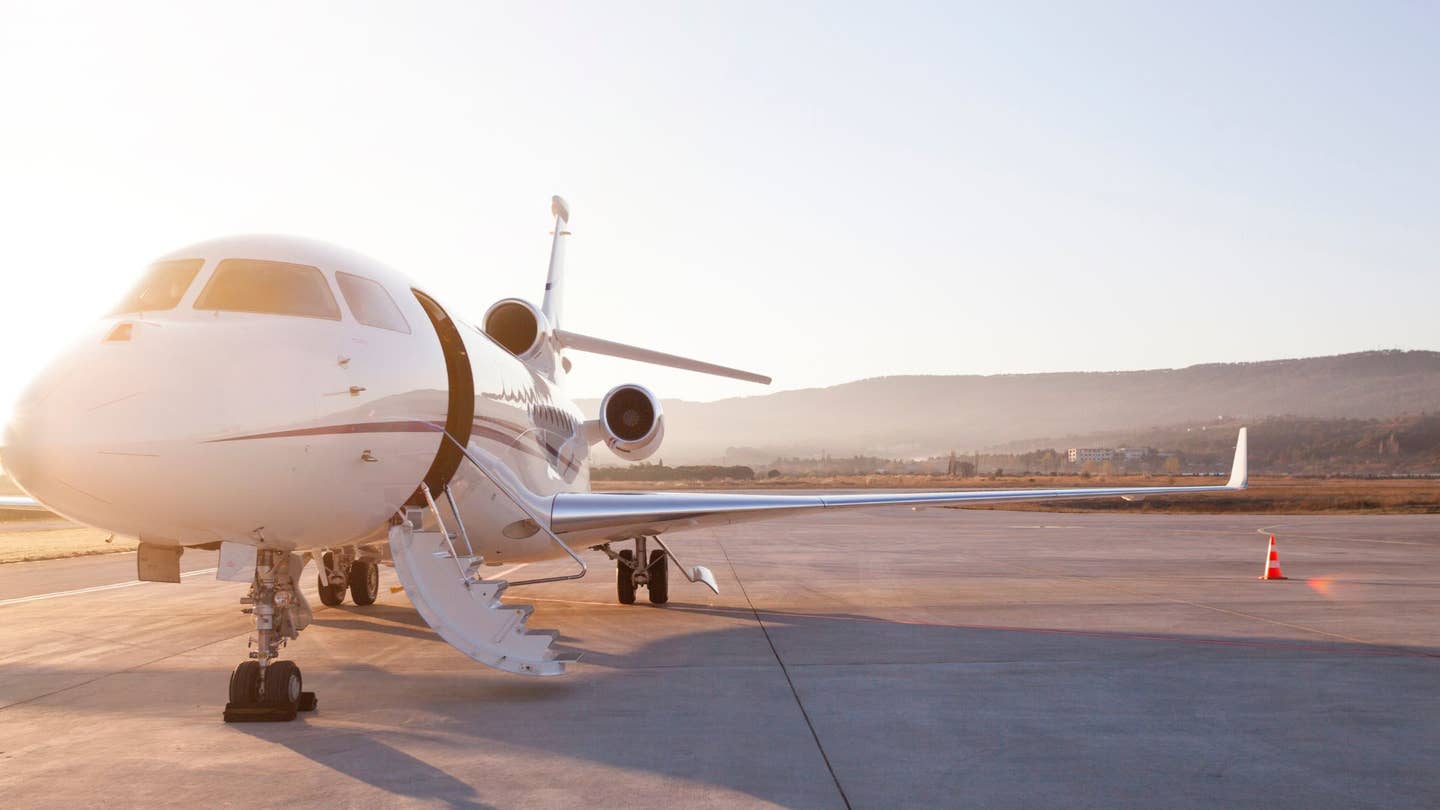
Have you ever imagined owning your own private jet and soaring the skies in your own personal aircraft? Buying a private jet may not be as unimaginable as one might think. Learn how much a private jet costs, the pros and cons of owning a private jet, and what factors to consider when entering the market for a personal aircraft. Some choose to charter a private jet before owning one so that they can determine what type suits their needs. For that, check out our private jet charter cost estimator.
Should You Buy a Private Jet?
Before answering, there are many factors to consider when buying a private jet. The initial cost of the aircraft will cost $1.1 million to $90 million, brand new, however, used jets will still cost millions of dollars. Beyond the initial costs, there are many other costs to consider, such as fuel, maintenance and repairs, storage, registration, and flight crew costs. You will also want to consider where you will fly and how often you will use your private jet when selecting an aircraft type and budget for your private jet costs. We will also discuss the advantages and disadvantages of owning a private jet, along with how to finance your purchase.
Factors to Consider When Buying a Private Jet
- Your Travel Routine: How often you fly, how far you travel, and how many passengers you wish to fly are all factors to consider when selecting the size of a private jet.
- New or Used: Used planes cost significantly less than brand new planes, however, you will want to consider the maintenance, repair, and upkeep costs.
- Number of Crew Members: The cost of a qualified crew can cost upwards of $215,000 annually, depending on the size of the private jet. So, you will need to budget for necessary crew members.
- Fuel and Maintenance Costs: You will need to budget a realistic amount annually for fuel, as well as, maintenance repairs, some of which can be unexpected. A windshield could crack costing you $10,000 to replace, so it is important to have available funds for potential mishaps.
A Personal Jet Card is for our Private Clients who fly 25 or more hours each year and want to customize their program on either a specific jet type or cabin category. Paired with a Private Aviation Advisor, and Flight Support Magellan's team will help coordinate every aspect of your joureny from start to finish
Build Your CardCosts Involved with Owning a Private Jet
As mentioned, there are additional costs, to the jet itself, to think about when considering buying a private jet.
Jet Pricing and Fuel Costs
The larger the jet engine, the higher the hourly cost for fuel. You will want to consider how much fuel you plan to use and what the hourly fuel cost averages for the private jet(s) you are interested in purchasing. The type of jet, tank capacity, gallons per hour of fuel burned, and the average cost of jet fuel in your region should all be considered when calculating estimated fuel costs.
The Hourly Rate
The hourly rate refers to the total cost of operating a private jet per hour. Crew costs, handling fees, landing fees, and aircraft repositioning fees, are all examples of costs that go into the total hourly rate of operation. For example, a propeller plane averages around $2,000 per hour, whereas a large 10-16 passenger jet can run $7,500 per hour.
Insurance(s)
Private jet insurance is available for liability, medical, hull coverage, and legal defense. The standard minimum liability covers up to $1,000,000 in damages and $100,000 per passenger, but higher premiums are available for more coverage and additional policies are required for hull (damage to the jet), and potential legal defense.
Airport Clearance Charges
Fees for landing and use of airports vary depending on the airport and the weight of the aircraft. Fees can also be added for long term waits, crew per diems, overnight, de-icing, etc. The clearance fees can amount to several hundred dollars, but are sometimes waived if refueling.
Maintenance and Repairs
Private jets are costly to maintain and repair and the amount will vary based on type of aircraft, age of the aircraft, and frequency of use. As a general rule, you can expect to absorb between $500,000 and $1,000,000 in maintenance costs annually.
Storage Costs
Unless you own an airplane hangar, you will need to factor the cost of storage into your annual operating budget. It is recommended that you are utilizing a minimum of 100 flight hours per year to justify the ownership of a private jet. As an example, a $1,000,000 private jet will require enough space to cost around $3000 per month to store.
Crew Costs
Your private jet will require an experienced flight crew to assist with passengers and operations. An overnight flight crew within the U.S. can cost approximately $750 for a midsize jet and can double for a long range flight. A full time flight crew for a large aircraft can cost over $200,000 per year.
Upgrading/Add-ons
If you are not buying a private jet that is brand new, you may consider upgrades or add-ons to your used aircraft. You may wish to add value by upgrading the interior of your jet or decrease fuel cost by adding winglets to your jet. You may also be required by law to make certain upgrades to meet current requirements. For example, mandates may require certain avionics systems to be upgraded or installed to legally fly your private jet.
The top five value added upgrades are --
- Avionics System Upgrades
- LED Lighting
- High-Speed Internet & Wi-Fi
- Winglets
- Enhanced Vision Systems
Privacy and Confidentiality
Owning your own private jet can provide privacy and confidentiality for those who wish to avoid public air travel. No security checkpoints or lines of people in the airport. Celebrities and high profile business executives often fly on private jets for safety and security reasons.
Passenger Safety Costs
Private jets offer safety advantages to passengers which come at an added cost as compared to commercial aircraft. Private jet companies contract with third-party companies to ensure that they meet FAA requirements and regulations, which results in frequent safety checks at every level. Private hangers offer passengers a way to relax while minimizing contact with other travelers as they would encounter in a public terminal, thus increasing their safety. Safety is also increased with fewer passengers on board, shorter distances traveled to smaller airports, and the ability to fly above air traffic and inclement weather.
How To Finance a Private Jet
Most people do not have the millions of dollars in available cash to buy a private jet, therefore, financing is the most popular method of purchase. There are several methods of financing available to acquire a private jet.
Leasing
Leasing a private jet is a popular option for many whose flight requirements are 50 hours or more annually and wish to have ownership benefits without the long term financial commitment. Leasing allows use of a private jet without the upfront purchase cost and also avoids depreciation at the end of the lease.
Personal Loans
Many lenders, such as traditional banks and aviation lenders offer personal loans for private jet financing. As with auto financing, factors such as age, make/model, history, and down payment will affect the terms and interest rates of your personal loan.
Charter Flight Memberships
Charter flight memberships are another option of acquiring the use of a private jet while maintaining the feeling of private jet ownership. Charter companies offer memberships, often with an annual and/or monthly fee plus the cost of the flight. Members enjoy a choice from a fleet of private jets, assistance with flight booking, flexible travel, security, and privacy. Chartering a jet can range from $1,300 - $6,000 per hour for medium sized jets and increase to $10,000 - $16,000 per hour for larger jets.
A Personal Jet Card is for our Private Clients who fly 25 or more hours each year and want to customize their program on either a specific jet type or cabin category. Paired with a Private Aviation Advisor, and Flight Support Magellan's team will help coordinate every aspect of your joureny from start to finish
Build Your CardAdvantages of Buying a Private Jet
As you can imagine, there are several advantages to buying a private jet. Not only does private jet ownership provide an elite status symbol, it also lends additional perks from privacy and confidentiality to accessibility and complete customization options for your private jet.
Privacy and Confidentiality
By owning a private jet, you can avoid the hassle of public air travel which considerably cuts down on the number of travelers encountered. Private jets allow you to bypass security checkpoints and public travel registrations.
Customization
Options for your own private jet are your choice, so you can customize your entire hull to meet your specific needs. Maybe a full kitchen is important for entertaining guests, or an office space to conduct business is necessary, or a full custom workout space is a top priority.
Accessibility
The ability to travel to remote areas or destinations away from major airports is an additional advantage to buying a private jet.
Disadvantages of Buying a Private Jet
As with any large purchase, there are also disadvantages to buying a private jet, such as a number of ancillary costs, operational challenges, and depreciation concerns.
Initial Investment and Upkeep Costs
Obviously, buying a private jet has a large upfront cost. Even if the purchase is financed, the down payment and likely upgrade costs are significant. Once the aircraft is ready to fly, you will incur ongoing maintenance costs. Parts wear down and break, debris collisions can happen, and fuel and fluids need replaced.
Hiring and Managing Flight Staff
Operating a private jet also requires crew members who are highly skilled to assist in the operation of your private jet. The size and subsequent cost of a flight staff depends on whether or not you pilot the plane yourself, the size of your private jet, the frequency of use, and the number of passengers transported.
Buying vs. Chartering a Private Jet
The decision to buy or charter a private jet is not only dependent upon your budget, it also depends on your frequency and method of use. For example, if you fly frequently but stay at destinations for long periods of time, crew and storage costs will increase. Buying a private jet has higher upfront costs and maintenance costs, while chartering a private jet allows you to avoid these costs by providing an hourly fee for usage of the private jet. We have listed out the pros and cons of buying a private jet and explained how chartering a private jet works, which should help you decide on which method is best for your specific circumstance.

Sign-up for newsletters & special offers!
Get the latest FLYING stories & special offers delivered directly to your inbox


